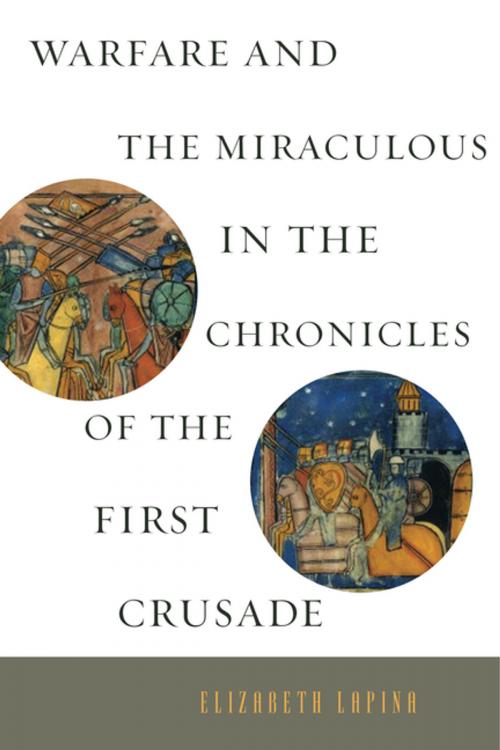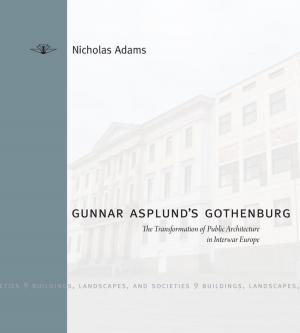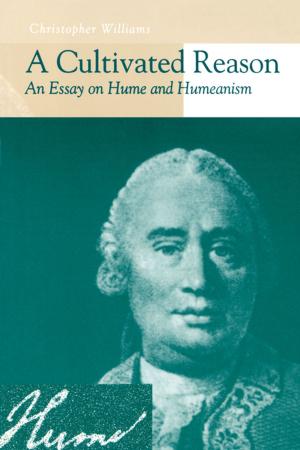Warfare and the Miraculous in the Chronicles of the First Crusade
Nonfiction, History, Reference, Historiography, Western Europe, Medieval| Author: | Elizabeth Lapina | ISBN: | 9780271073118 |
| Publisher: | Penn State University Press | Publication: | August 21, 2015 |
| Imprint: | Penn State University Press | Language: | English |
| Author: | Elizabeth Lapina |
| ISBN: | 9780271073118 |
| Publisher: | Penn State University Press |
| Publication: | August 21, 2015 |
| Imprint: | Penn State University Press |
| Language: | English |
In Warfare and the Miraculous in the Chronicles of the First Crusade, Elizabeth Lapina examines a variety of these chronicles, written both by participants in the crusade and by those who stayed behind. Her goal is to understand the enterprise from the perspective of its contemporaries and near contemporaries. Lapina analyzes the diversity of ways in which the chroniclers tried to justify the First Crusade as a “holy war,” where physical violence could be not just sinless, but salvific.
The book focuses on accounts of miracles reported to have happened in the course of the crusade, especially the miracle of the intervention of saints in the Battle of Antioch. Lapina shows why and how chroniclers used these miracles to provide historical precedent and to reconcile the messiness of history with the conviction that history was ordered by divine will. In doing so, she provides an important glimpse into the intellectual efforts of the chronicles and their authors, illuminating their perspectives toward the concepts of history, salvation, and the East. Warfare and the Miraculous in the Chronicles of the First Crusade demonstrates how these narratives sought to position the crusade as an event in the time line of sacred history. Lapina offers original insights into the effects of the crusade on the Western imaginary as well as how medieval authors thought about and represented history.
In Warfare and the Miraculous in the Chronicles of the First Crusade, Elizabeth Lapina examines a variety of these chronicles, written both by participants in the crusade and by those who stayed behind. Her goal is to understand the enterprise from the perspective of its contemporaries and near contemporaries. Lapina analyzes the diversity of ways in which the chroniclers tried to justify the First Crusade as a “holy war,” where physical violence could be not just sinless, but salvific.
The book focuses on accounts of miracles reported to have happened in the course of the crusade, especially the miracle of the intervention of saints in the Battle of Antioch. Lapina shows why and how chroniclers used these miracles to provide historical precedent and to reconcile the messiness of history with the conviction that history was ordered by divine will. In doing so, she provides an important glimpse into the intellectual efforts of the chronicles and their authors, illuminating their perspectives toward the concepts of history, salvation, and the East. Warfare and the Miraculous in the Chronicles of the First Crusade demonstrates how these narratives sought to position the crusade as an event in the time line of sacred history. Lapina offers original insights into the effects of the crusade on the Western imaginary as well as how medieval authors thought about and represented history.















